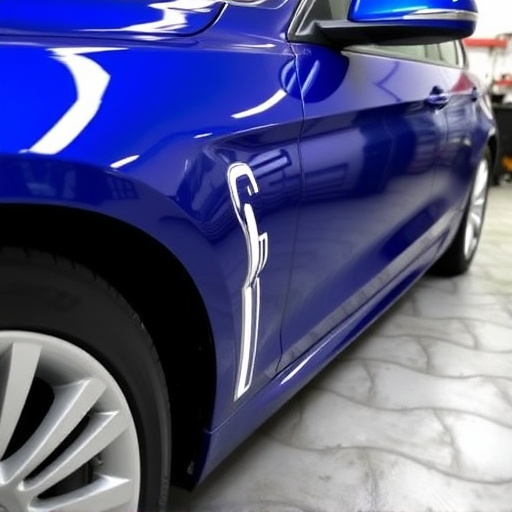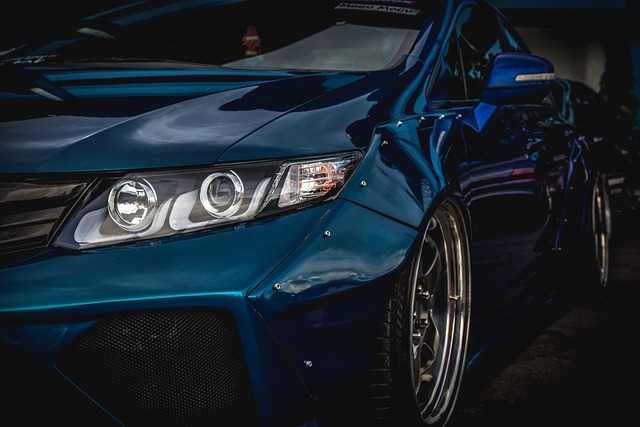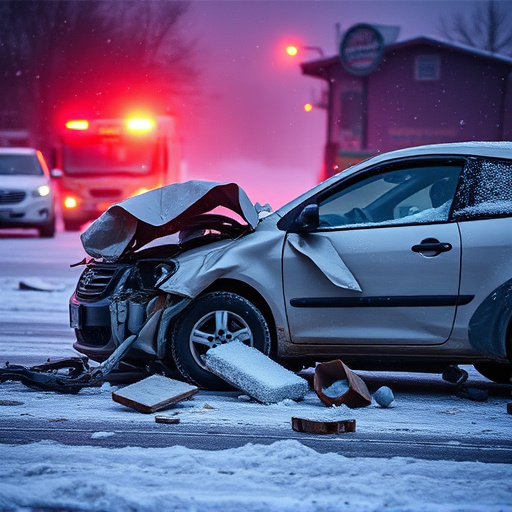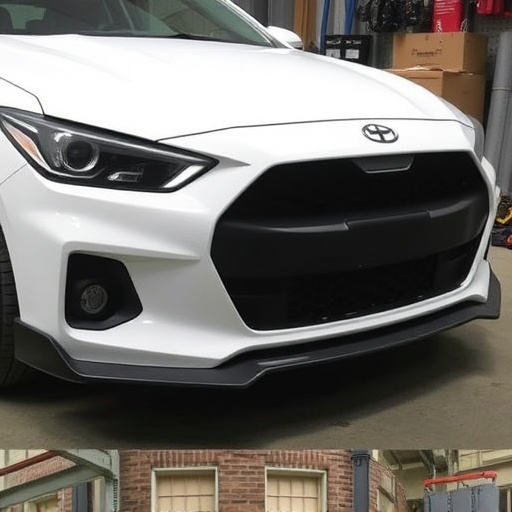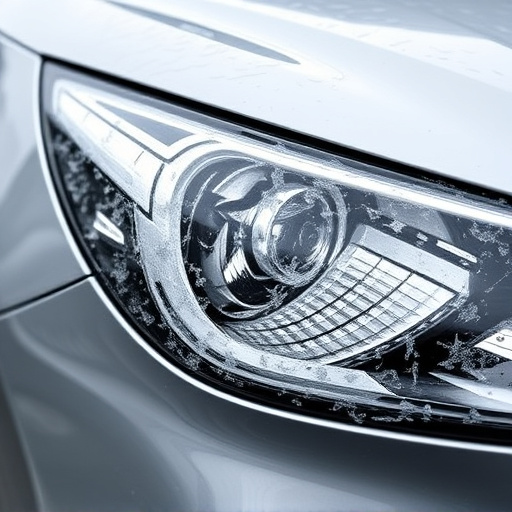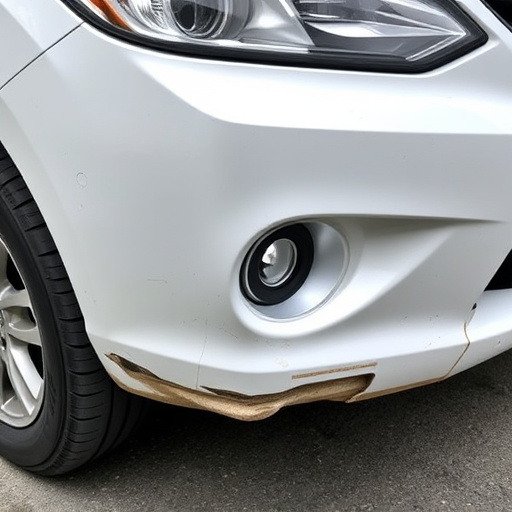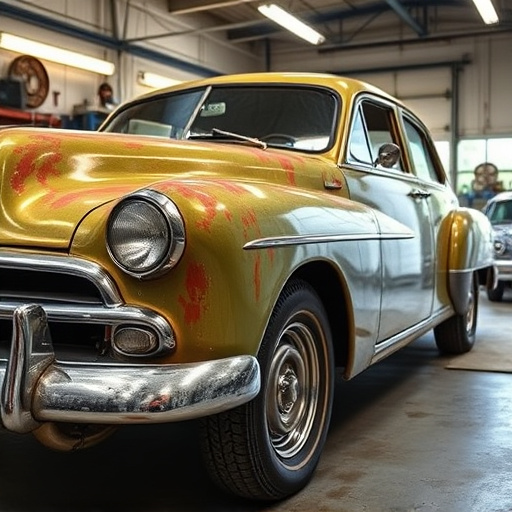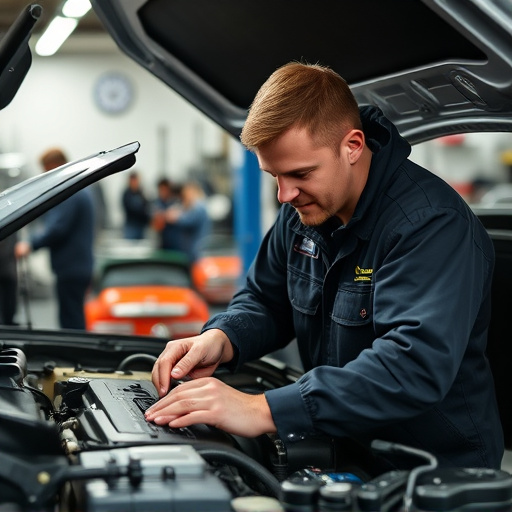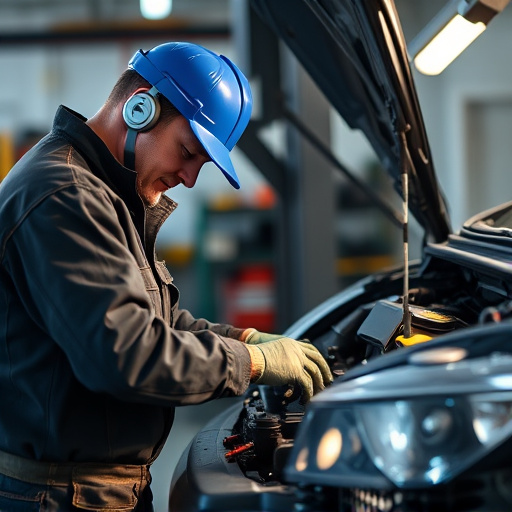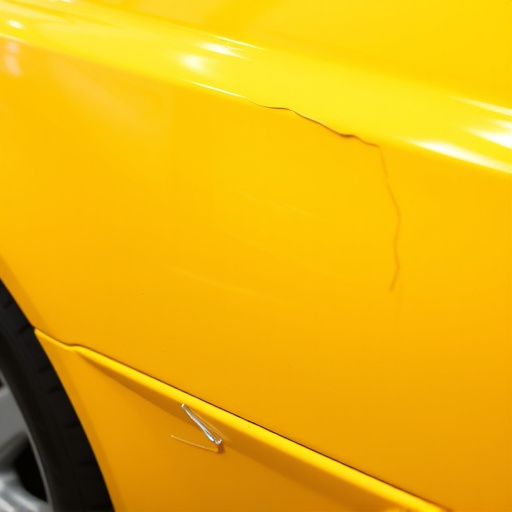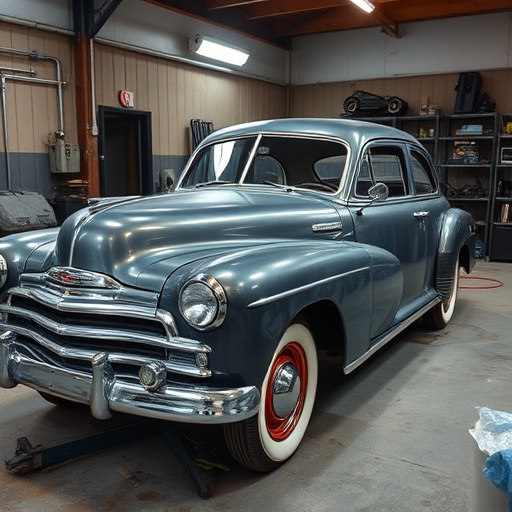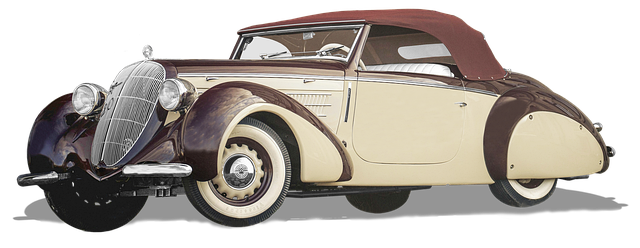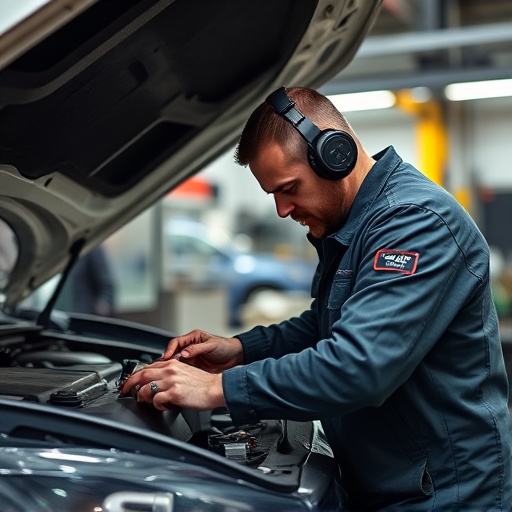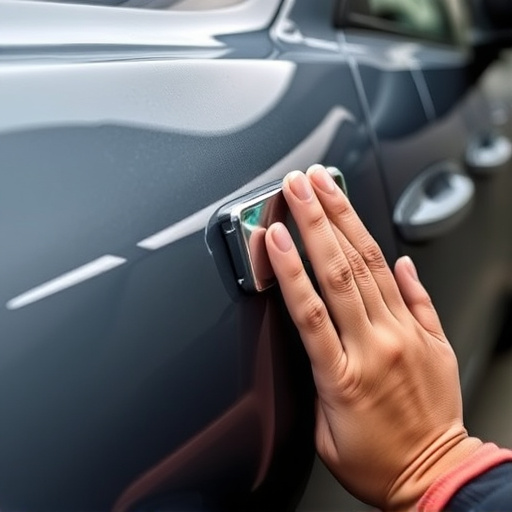Selecting specialty collision hardware demands understanding vehicle specifics, repair type and budget. Different cars need unique solutions, and precision is key for efficient, quality repairs. Auto experts advise on compatible hardware choices catering to diverse makes, models and repair complexities.
Selecting the appropriate specialty collision hardware is paramount for effective vehicle repairs and restoration. This guide aims to demystify the process by offering insights into understanding your vehicle’s unique needs, exploring diverse types of specialty hardware, and providing crucial factors to consider during selection. From body panels to intricate trim pieces, the right hardware ensures structural integrity and aesthetic precision, making it a vital step in any collision repair journey.
- Understanding Your Vehicle's Specific Needs
- Types of Specialty Collision Hardware
- Factors to Consider When Making a Selection
Understanding Your Vehicle's Specific Needs
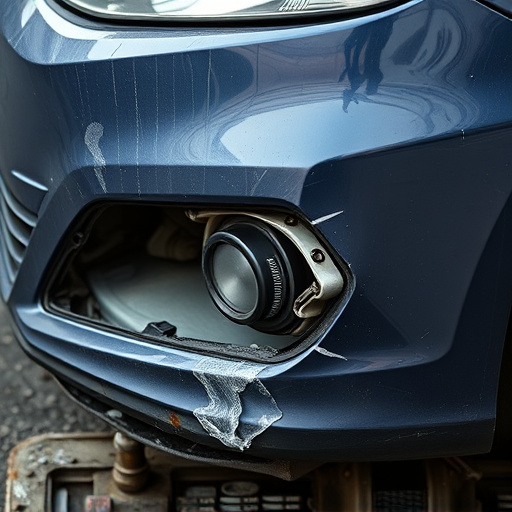
Before selecting the right specialty collision hardware for your vehicle, it’s crucial to understand its unique needs and requirements. Different makes and models have distinct characteristics and vulnerabilities, making one-size-fits-all solutions ineffective. For instance, a sports car may need specialized hardware to accommodate its sleek design and high-performance components, while a family sedan might require different parts to address its larger size and varied interior features.
Additionally, the type of collision your vehicle has experienced plays a significant role in determining the necessary hardware. A minor fender bender might only necessitate basic replacement parts, whereas a more severe accident could demand advanced structural repairs. Car body shops and collision centers are equipped to assess these needs, providing expert advice on the best specialty collision hardware for precise and efficient vehicle collision repair.
Types of Specialty Collision Hardware
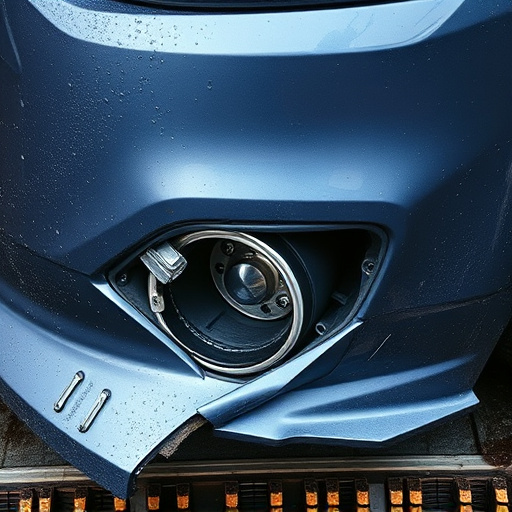
Specialty collision hardware refers to the diverse range of components specifically designed for specialized vehicle repair and restoration. These include intricate parts such as fender repair clips, panel retention systems, and precision fasteners tailored to meet the unique requirements of auto collision centers and vehicle collision repair specialists. Every aspect is crafted with precision to ensure seamless integration during fender repair or more complex body panel restoration processes.
The market offers a wide array of options catering to various vehicle makes and models, ensuring compatibility and efficiency in different scenarios. From simple snap-in fasteners for quick repairs to advanced mechanical fastening systems for intricate structures, these hardware solutions play a pivotal role in the overall quality and durability of vehicle collision repair work. Choosing the right specialty hardware can significantly impact the final outcome, making it an essential consideration for any professional auto collision center.
Factors to Consider When Making a Selection
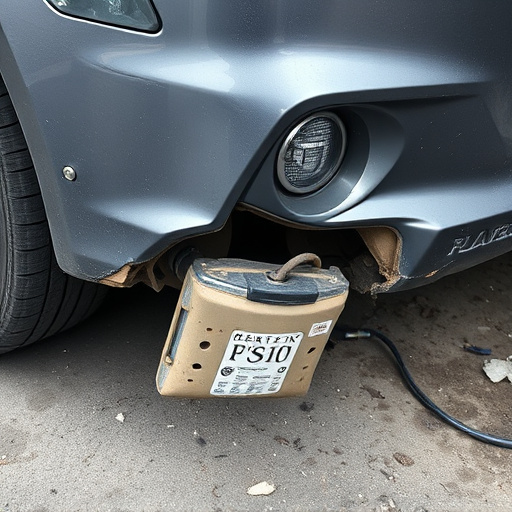
When selecting specialty collision hardware for vehicles, several key factors come into play. Firstly, consider the specific type of vehicle you are working on—car, truck, SUV, or specialized equipment—as different models and makes may require distinct hardware solutions. Secondly, evaluate the extent of the damage and the repair scope; this will dictate the level of precision and quality needed in the collision hardware. For instance, intricate body panel repairs demand high-precision tools to ensure a seamless fit and finish.
Additionally, factor in your auto repair shop’s or automotive repair services’ budget without compromising on safety and effectiveness. Specialty collision hardware can vary widely in price, from basic kits suitable for minor repairs to advanced systems designed for complex, precision-demanding tasks. Balancing quality, compatibility, and cost is crucial to ensuring both efficient collision repair services and customer satisfaction.
Choosing the right specialty collision hardware is paramount for effective vehicle repair and restoration. By understanding your vehicle’s unique needs, exploring various types of hardware, and considering factors like compatibility, quality, and cost, you can make an informed decision that ensures superior results. Investing in high-quality specialty collision hardware will not only streamline the repair process but also contribute to the longevity and aesthetics of your vehicle.
